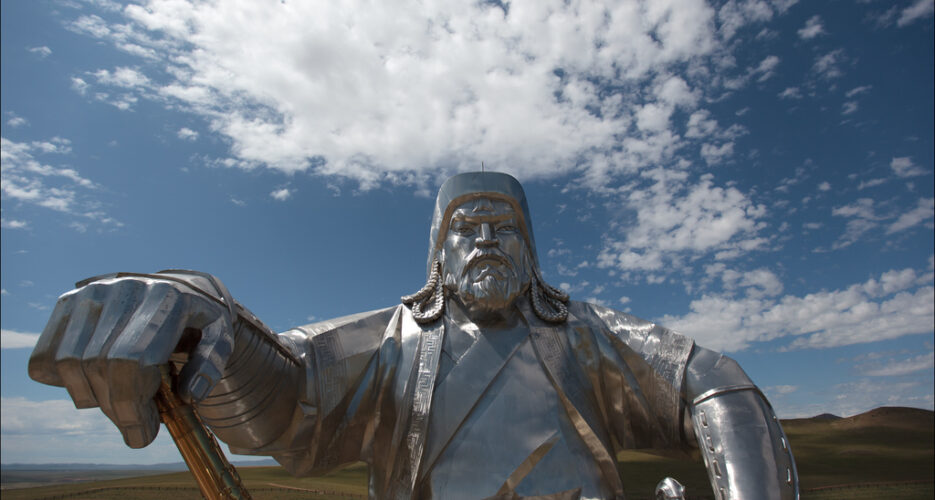About the Author
Balazs Szalontai
Balazs Szalontai is a historian and professor at Korea University, Division of Public Sociology and Korean Unification.

Get behind the headlines
|
Evergreen A Korean Autonomous Territory in Mongolia?North Korean economic nationalism has an exploitative side, which can backfire  In the extensive scholarly literature on North Korean nationalism, considerable attention has been paid to the economic aspects of the leadership’s nationalist vision. Slogans like charip kyongje (independent economy) and charyok kaengsaeng (regeneration through one’s own efforts) have occupied a prominent place in North Korean propaganda, and the Russian and Eastern European archival documents reveal that Kim Il Sung’s commitment to economic autarky started to generate friction between the DPRK and its communist aid donors as early as the mid-1950s. In subsequent decades, the North Korean leaders frequently complained about the Soviet Bloc’s price system in which Moscow obtained the DPRK’s valuable minerals below world market prices but demanded disproportionately high prices for the machines it sold to Pyongyang. At the same time, this price system enabled North Korea to import oil from the USSR at low prices, and therefore the Workers’ Party of Korea leaders eventually decided not to opt out of it. Instead, they sought to reduce their import bill by pursuing import-substitution industrialization, occasionally carrying it to such extremes as to prod each of the country’s nine provinces to manufacture their own television sets. This side of North Korean economic nationalism, counterproductive as it was, may be regarded as a small country’s defensive reaction to the domineering behavior of its superpower ally, and as an attempt to overcome the legacy of colonial rule. Indeed, general studies on North Korean nationalism usually linked this ideology to Kim Il Sung’s conflicts with the various big powers: Japan, America, the Soviet Union and China. Nevertheless, there were also cases when Pyongyang’s economic egoism was directed against countries that happened to be weaker or less developed than the DPRK – countries that the WPK leaders, had they adhered to their own propaganda, should have generously assisted rather than ill-used. While North Korean leaders did provide economic aid to a wide range of Asian and African countries (whose votes they badly needed in the UN and the Non-Aligned Movement), they did not hesitate to reduce or withhold assistance if the foreign policies of the recipient state diverged from their own line. For instance, in 1974 they penalized the North Vietnamese (with whom they had recurrent disputes over Cambodia) by redirecting their rice shipments to Indonesia. © Korea Risk Group. All rights reserved. |